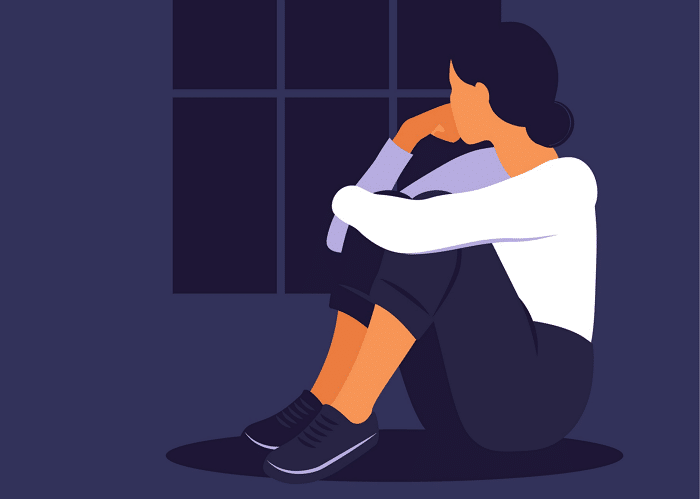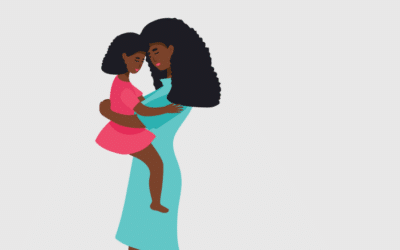The pandemic is winding down but left in its wake? A profound impact on our mental health. To paint a picture, here are a few riveting statistics:
In late April, a poll by People revealed 67% of Americans “felt more alone than ever before,” with 46% reporting they recently cried “for the first time in a very long time.”
According to the American Psychological Association, 34% of essential workers engaged in mental health services during the pandemic, with 25% receiving a mental health diagnosis.
Regarding anxiety, the APA reports 48% of fully vaccinated adults feel “uneasy” about returning to in-person interactions, even after the pandemic is over.
Pretty startling, right? But you know what? It’s not a surprise!
Right now, we’re approaching the other side of a natural disaster. Think about it! In the past sixteen months, 3,838,035 people have died. And the stats above? They only brush the surface of the emotional wounds inflicted during this period.
From March 2020 to present, three out of every four Americans reported being under significant stress. And truthfully? It’s hard to fathom that anyone is coming out of this unscathed by some level of trauma.
And that trauma? It can have a significant impact! It affects our thoughts, relationships, eating habits, behaviors, and overall well-being. More so, we often don’t even realize it!
Research shows after natural disasters, people frequently suffer from nightmares, excessive worry regarding their safety, and physical reactions such as breathing difficulties prompted by memories— All classic markers of post-traumatic stress disorder surfacing in the months following triggering events.
In fact, six months after Hurricane Sandy, surveys showed nearly 15% of people grappled with PTSD. And kids? After large-scale traumatic events, they frequently experience changes in behavior, memory, development, and executive functioning— with bedwetting and other physical symptoms like stomach aches being common following traumatic experience.
So, what does this all mean? First, you’re not alone. History shows we’re often resilient in the face of trauma, but healing takes time. So, we need to be patient with ourselves and others right now. Trauma-informed practices are a must, whether you’re interacting with family, friends, or coworkers.
Second, it’s perfectly normal to be struggling. Take care of yourself—Set boundaries around self-care and give yourself space to process. There’s nothing wrong with exploring therapy, taking a moment to reflect, or making time to do the things that fill your cup.
Third, we have only begun to see the mental health fallout from COVID-19. So let’s work together to wrap around our neighbors and give back where we can. Something as small as offering a few kind words or donating your time to help people in need will go a long way right now.
Are you struggling?
If you’re having a hard time, there’s no shame in asking for help. It’s okay to reach out to a friend, family member or lean on a mental health professional for support.
If you’re in crisis, here are a few resources to help:
If you live in the United States, call the National Suicide Prevention Lifeline at 800-273-TALK (800-273-8255). They have trained counselors available 24/7. Stop a Suicide Today is another helpful resource.
Befrienders Worldwide and the International Association for Suicide Prevention are two organizations that provide contact information for crisis centers outside of the United States.
We provide support to Montana kids!
If you have a child who’s struggling, contact us today online or call 406-245-6539 to reach any of our 30 locations across Montana.
Thank you!
We want to express our gratitude to everyone who has supported our organization and the kids we serve. The last sixteen months have been nothing short of challenging, but you’ve stayed the course with us. Words cannot articulate how thankful we are. Please know, you are making an impact.
Want More?
If you found this article helpful, check out the rest of our blog today and make sure to follow us on social media. You can find us at youthdynamicsmt on Instagram, and Youth Dynamics of Montana, and People of Youth Dynamics on Facebook.






